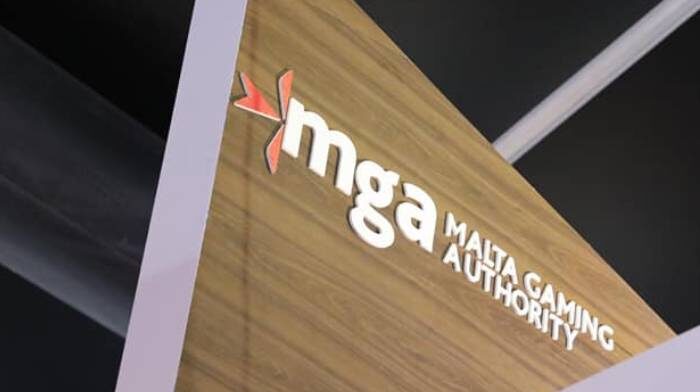Malta’s Financial Intelligence Analysis Unit (FIAU) has released its latest Enforcement Factsheet, acknowledging that while it has seen progress in the anti-money laundering regimen of Malta’s iGaming companies, too many operators collect data that adds “no value” for some high-risk players.
The unit’s report notes that in the case of higher risk customers of Malta’s remote gaming operators, “obtaining details such as “employed”, “in business”, “entrepreneur” etc add no value in understanding the customer’s profile and determining [their] source of wealth”.
Discussing internal and external reporting across sectors, the FIAU finds it “positive to note that the number of Suspicious Transaction Reports (SRTs) submitted to the organisation has been increasing steadily over the past years”, from 1,668 in 2018 to 5,090 in 2020.
The main contributors to this increase, the organisation says, “remain the Banking and Remote Gaming Sector”.
Another issue is a lack of implementation of some measures.
The FIAU presents an example in which a remote gaming operator provided it with a procedures manual which was “noted to be quite robust and provided adequate guidance as to how the customers were to be onboarded and how their business relationship was to be monitored throughout”.
However, when the onsite compliance review was carried out, the FIAU explains that this procedures manual was not being implemented.
In the non-financial sector, which includes iGaming, the organisation noted that the common breach (of AML guidelines) was in customer risk assessments, of which 11.36 per cent were found to be inadequate.
Continue Reading
Fast-tracking gaming success in Malta
ICON fills capability gaps without disrupting established workflows, bringing enterprise-calibre capabilities while maintaining flexibility
Amusnet Gaming celebrates team growth by planting 50 trees in Malta
The company marked the milestone in collaboration with Nature Trust Malta for Earth Day
ProgressPlay and Playtech bring Power Bingo to over 120 UK gambling sites
ProgressPlay CEO Itai Loewenstein said the collaboration will deliver 'unparalleled gaming experiences and next-level entertainment'
Malta Vision 2050 targets e-sports, game development, and innovation
One of the major themes throughout is the importance of aligning education with the needs of industry








